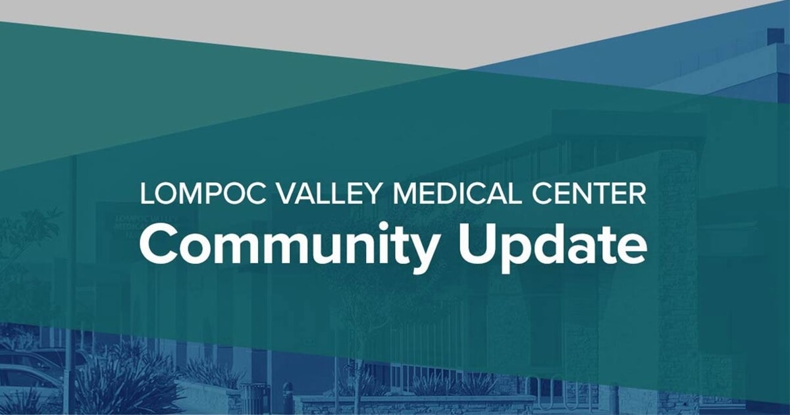Saving Lives with Scopes and Screenings
- Category: Provider Spotlight
- Posted On:
- Written By: LVMC

For many physicians, there is an intensely personal reason they chose their career path.
For Dr. Rahim Raoufi, the reason reaches back into his childhood, growing up in a small, rural area in Iran. There were no doctors there. The residents had difficulty in getting ill people to a medical facility in time.
Then in one instance, the lack of a doctor touched the family personally — they lost a sick relative because there was no medical care nearby. “It was always a childhood dream of mine to be a doctor,” Dr. Raou recalls.’
That memory stayed with him and eventually led him to Shiraz University of Medical Sciences, one of the most prestigious and competitive schools in Iran. He earned his medical degree in 1994 and after coming to the U.S. in 2001, he served a family practice residency at East Tennessee State University. He then entered the Internal Medicine residency program and had a gastroenterology fellowship at the University of California at San Francisco’s Fresno campus.
During his residency rotations, he discovered his interest in gastroenterology. “It is a field where you can make a difference,” explained the physician, who has been associated with LVMC for almost four years.
He appreciates the combination of office time with patients and the procedural element of the operating room. “We can do a lot of screening tests, which can prevent cancers and save a lot of lives, such as screening colonoscopies, which is a great tool which can not only detect but can prevent colon cancer,” he says.
He does about 40 procedures each week, including colonoscopies, upper endoscopies, ERCP and PH and esophageal studies. Before he opened his practice in Lompoc in 2012, most of the types of screening tests he performs had to be done by patients traveling to other medical facilities out-of-town. “I enjoy what I do,” he said. “When I wake up in the morning, I look forward to work.”
Dr. Raou ’s wife, Shokoofeh, is his office manager. They have two children, Sherwin, 15, and Shiley, 5. He would like more people to get the recommended screening tests for colon cancer, and estimates about 40 percent of the people who are due for screening don’t actually follow through with the colonoscopies.
The recommended age for colonoscopies is 50 unless there is a family history of colon cancer. “I enjoy practicing here,” he said. “It’s a small town. You feel like you are making a big difference in this community.”





